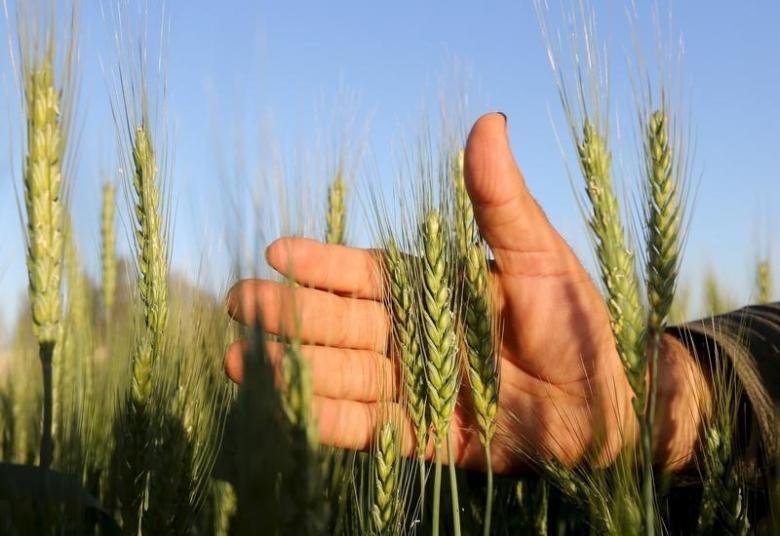SECP proposed establishment of an agricultural insurance pool to act as a risk aggregator, providing farmers and herders with affordable and effective agricultural insurance.

The Securities and Exchange Commission of Pakistan (SECP) has proposed the establishment of an agricultural insurance pool to act as a risk aggregator, providing farmers and herders with affordable and effective agricultural insurance.
The SECP’s special report on crop and livestock insurance suggests that the insurance pool could propose standardized contracts covering specific risks, such as floods or lack of rainfall, to minimize transaction costs and address adverse selection problems.
In the envisioned model, domestic insurance companies could play a crucial role as agents, bringing business to the pool in exchange for a commission. Alternatively, these companies could invest in shares of the pool based on their market shares, fostering collaboration and risk-sharing within the local insurance industry.
The SECP recommends that the government optimize resources and enhance capacity within the local insurance sector by transforming the existing Crop Loan Insurance Scheme (CLIS) into a comprehensive co-insurance pool structure. Initially, the scope of this co-insurance pool could focus on CLIS, with the potential for expansion in subsequent phases.
This proposed mechanism would establish a limit of liability cap on the total premium received at the consortium level, surpassing the existing cap applicable to premiums received by individual companies. The creation of such a pool aims to reduce dependence on international reinsurers, promote economic self-sufficiency within the insurance sector, and retain foreign exchange within Pakistan.
The SECP emphasizes the need for risk mitigation within the pool through reinsurance arrangements with globally reputable and internationally rated reinsurance companies. Various reinsurance formats, including per-life, per-event, individual, or aggregate reinsurance, and stop-loss arrangements, could be explored to protect the pool from exhaustive risk exposure and leverage global technical expertise.
The absence of a domestic insurance pool in Pakistan has contributed to a significant outflow of foreign exchange. Currently, local insurance companies resort to reinsuring risks beyond their capacity with foreign counterparts. The proposed agricultural insurance pool seeks to address this gap, fostering collaboration among insurers, boosting local risk-sharing capabilities, and enhancing the overall resilience of the agricultural insurance sector.
The SECP’s recommendation aligns with broader efforts to strengthen the domestic insurance landscape, improve financial inclusion for farmers and herders, and ensure the sustainability of the insurance industry. As Pakistan aims to develop self-sustaining mechanisms for managing agricultural risks, the creation of an insurance pool emerges as a strategic initiative to empower local insurers and provide more accessible coverage to those engaged in agriculture and livestock activities.
The proposed agricultural insurance pool represents a significant step toward creating a resilient and self-reliant insurance ecosystem in Pakistan, contributing to the country’s economic development and fostering financial protection for its agricultural communities.